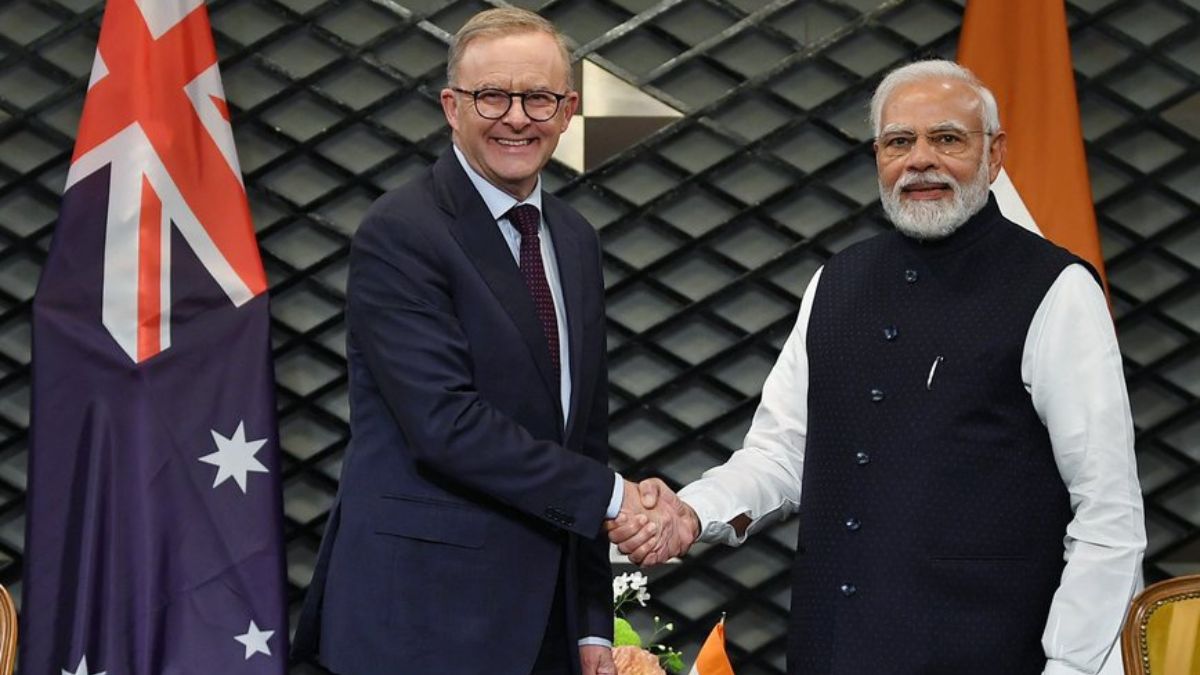Australian ESOS bill risks 30,000 sector jobs, experts warn

- by Admin
- August 7, 2024

There has been an outpouring of voices from the sector, warning that a proposed cap on international student numbers in Australia will have dire economic consequences and will risk the livelihood of more than 30,000 Australians employed in the sector, according to ITECA.
“The Australian government’s international education policy is in tatters and lacks a cohesive strategy. The government is now drowning in its own baseless rhetoric,” said ITECA chief executive Troy Williams.
“Over the past year, we’ve seen a series of intellectually inconsistent decisions by the Australian government that lack a clear, consistent and cohesive approach to international education.”
“The result is a number of knee-jerk policy responses that are not only damaging Australia’s reputation as a welcoming destination for overseas students but causing anxiety for the 30,000 people employed with independent providers in the independent tertiary education sector that support international students,” said Williams.
An apparent leak the night before the hearing suggested that the cap would limit institutions to enrolling a maximum of 40% of their students from overseas, with caps lasting two years and figures based on 2019 levels.
During the hearings on the Education Services for Overseas Students Amendment (Quality and Integrity) Bill 2024 on August 6, Group of Eight chief executive Vicki Thomson warned of the potential impact on Australian jobs and the economy.
“Capping international student enrolments to pre-pandemic levels of 2019 for Go8 members against 2023 post-pandemic enrolment figures would cost the nation over $5.3 billion in economic output and over 22,500 jobs in the economy,” she predicted.
ITECA, which represents independent skills training and higher education providers, has highlighted the inconsistencies in the Australian government’s approach, which has been the matter of much criticism since the ESOS amendments were proposed.
The government is now drowning in its own baseless rhetoric
Troy Williams, ITECA
Education expert Andrew Norton echoed these criticisms, pointing out, “Since October 2023, we have witnessed one of the great policy backflips of Australian political history.
“The Albanese government has turned from supporting the revival of international education – granting a record number of student visas in 2022-2023, extending the temporary graduate visa – to pulling almost every policy lever short of shutting the industry down to reduce international student numbers.”
Williams also warned of the reputational harm to Australia and said the government had “demonised” students by claiming “that they were driving up housing costs, despite experts struggling to find merit in this argument”.
Rather than “knee-jerk” policies, ITECA has called for a “long-term strategy for international education that creates a framework where the sector can operate sustainably, jobs are protected, and international students feel welcome”.
“Sadly, the Australian government’s approach to international education is diametrically opposed to these outcomes,” said Williams.
With the second day of senate hearings yet to be rearranged, there is some hope that the legislation could be amended, though experts widely expect it to pass.
In an apparent leak before the hearing, the Australian Financial Review reported that the cap would limit enrolments to 40% international students, which stakeholders said would pose an “existential threat” to independent providers that don’t receive taxpayer funding.
Among a chorus of voices calling for the caps to be abandoned, Norton has reasoned that the legislation should at least be put on hold until the full impact of migration changes take effect.
Based on Norton’s analysis, there is evidence to support that migration changes in vocational education on their own are sufficient to reduce international student numbers.
For higher education, more time is needed to show the impact of some policy changes made on July 1 before coming to a conclusion, though he concedes that the cabinet is unlikely to delay the caps which are intended to come into effect on January 1, 2025.
The Latest News
-
November 23, 2024‘My story’s still not done’: Joel Dahmen drains ticklish putt to make cut at RSM, keeps hopes alive of retaining tour card – Australian Golf Digest
-
November 23, 2024Australian PGA 2024: LIV Golf’s 54-hole starts good prep for rain-shortened event, says Herbert – Australian Golf Digest
-
November 23, 2024Australia v India: first men’s Test, day two – live
-
November 23, 2024Live Test updates: Indian speedsters continue rout of Australia as Bumrah takes five
-
November 23, 2024Live: Mitch Starc provides some resistance as India turn the screws on day two of first Test



